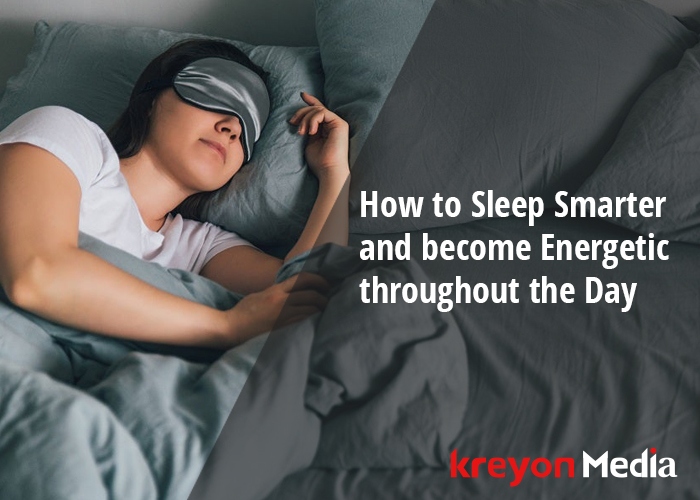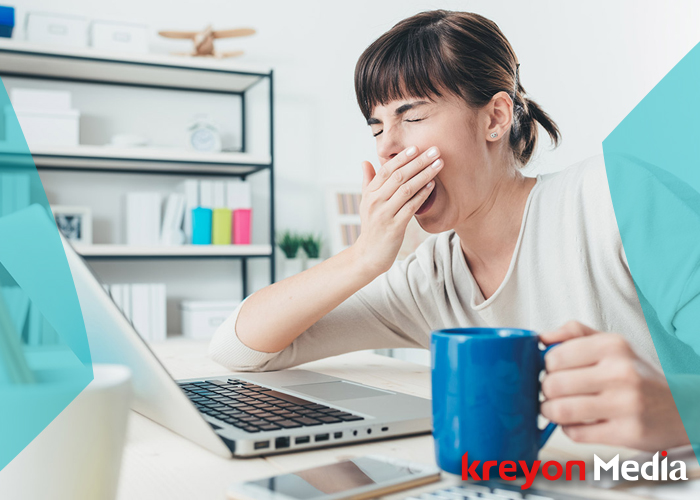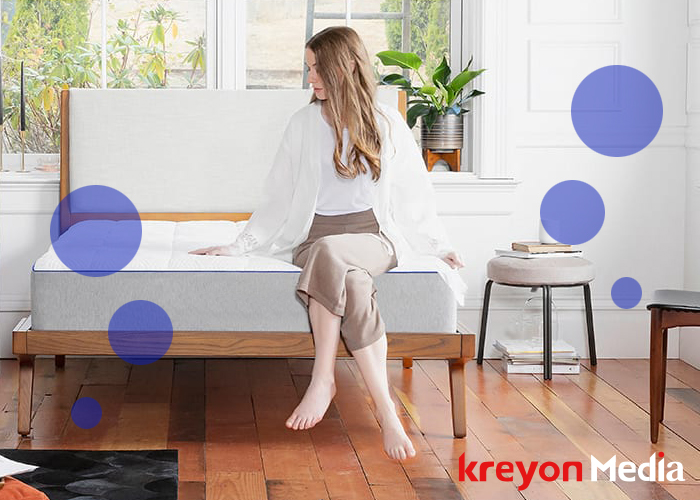
While the constant demands of the modern workplace takes a toll on everyone, sleep may be the best energizer for many. The ability of professionals to disconnect and switch off is non negotiable.
Science has proved that good sleep is an essential part of human life by which you can gain better health, peace of mind and success. The adverse effects of sleep deprivation and irregular sleep have far reaching effects on a person’s health, performance and finances.
As per National Institute of Neurological Disorders and Stroke, “sleep is important for numerous brain functions, including how neurons communicate with each other. In fact, your brain and body stay remarkably active while you sleep. Research findings suggest that sleep plays a housekeeping role that removes toxins in your brain that build up while you are awake.”
Sleeping helps with repairing your brain and rebooting your subconscious mind. High quality sleep helps your body to recuperate and rejuvenate itself. The body temperature, immune system, hormonal levels, and good appetite are all affected by the quality of sleep. To work at peak performance, you need all these functions at their best through sleep.
Here’s a few tips on how you can sleep smarter and become more energetic throughout your day.
1. Get Sunlight

Studies have proven that when you get enough sunlight your body starts producing more Vitamin D. As per a survey done on group of employees who work in office without a window slept on average 46 minute less compared to those who either sit near a window in office or have enough sunlight throughout the day.
2. Avoid Gazing at Screens
Experts recommend that around two hours before you go to sleep you should avoid electronic screens like TV, smart phones, and other display devices.
These screens emit a blue light and this light creates an illusion. It gives your brain a signal of a day, and your brain restrains producing melatonin, which is the chemical that takes care of your sleep/wake cycle. Screen exposure reduces melatonin in your brain, which makes it harder for you to sleep.
3. Avoid Caffeine

Caffeine can be a great energy booster and help you focus better. But it’s intake can be detrimental to your sleep too. Avoid food products that contain caffeine 8 hours before going to bed. Caffeine intake increases the blood circulation in your body and disrupts your sleep cycle.
4. Cool Environment
The cool surrounding air can lower your blood circulation and help you relax. Science has proven, when a human being goes to sleep his body temperature reduces gradually. Studies have shown that by keeping room temperature between 60 and 67 degrees Fahrenheit, you can sleep optimally.
5. Plants and Natural Air

Planting plants in your bedroom not only improves its beauty but also, kills negative electrons and filters the bad air.
Recent studies have showed that inside air inside houses are five times more polluted than the air outside of your house. The toxic chemicals, wireless radiations and polluted air make it harder for you to sleep with ease. By exposing yourself to fresh air with a brisk walk or going in nature can be very helpful.
6. No lights
Scientists have figured out that during sleep our brain produces melatonin, which allows us to fall asleep & stay asleep. This increases mostly between 11pm to 3 pm.
Sunlight or any type of artificial light interrupts the secretion of melatonin in your brain. So keep your bedroom dark when you it’s time for your sleep.
7. Exercise

One of the most important things for good sleep is to get involved in physical exercise. Your body needs a work out to stay in top shape. It helps your brain and keeps you relaxed too. When you’re tired, you are able to sleep much better. Exercise also helps you improve your cognition as well as physical stamina.
People who exercise are able to experience higher quality of sleep than others. Many of the top executives and professionals find exercise indispensable for staying energetic and sleeping better.
8. Taking a Bath before Bed
A 1999 study by Gunma University in Japan concluded that bathing affects the workability of our body. If we take cold water bath it will simply slows down our blood circulation and to maintain our body temperature brain starts producing hormones.
When we take hot water bath, it will increase our body temperature and brain starts working on reducing the body temperature, which relaxes our muscles and helps us fall asleep. Both hot and cold water baths put your brain to work, relax your system and improve your sleep.
Taking a bath one hour before going to bed enhances the quality of sleep, particularly in elderly people. Sleep deprivation costs the US $411 billion annually. Top executives, professionals and even teenagers need to be more prudent about their sleeping patterns to be at their best.







